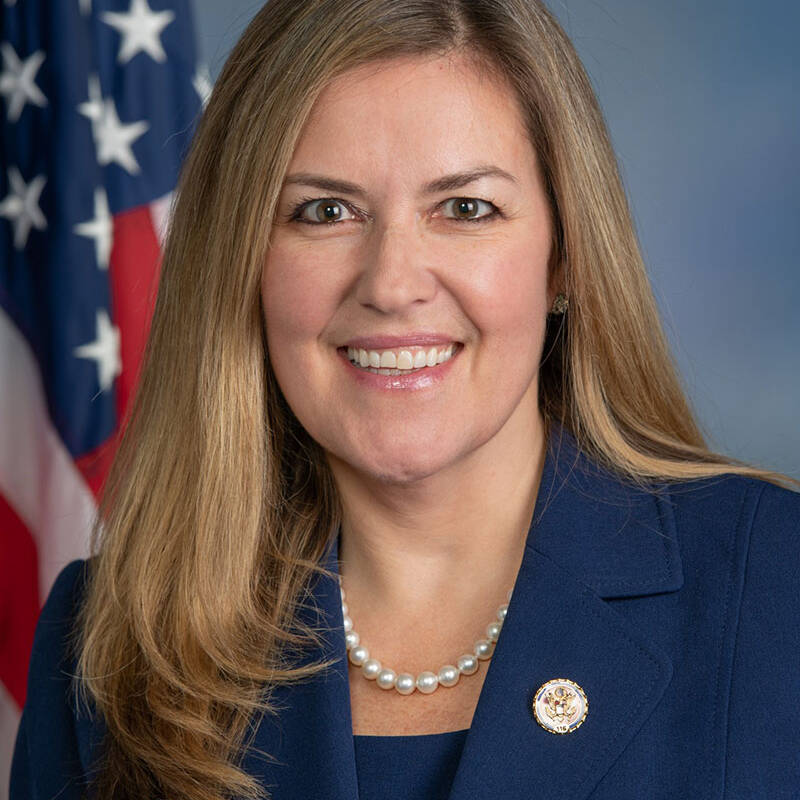Inside Bayer’s State-by-State Efforts to Stop Pesticide Lawsuits
By LISA HELD
This article was originally published in Civil Eats
March 27, 2024
As the agrichemical giant lays groundwork to fend off Roundup litigation, its use of a playbook for building influence in farm state legislatures has the potential to benefit pesticide companies nationwide.
Plus, unlike Roundup and other products made with glyphosate, China, the European Union, and the United Kingdom consider paraquat dangerous enoughto have banned it in agriculture. (A single sip can kill a human.) Despite decades of legal battles and dozens of new studies that link long-term exposure to Parkinson’s disease, the EPA recently reapproved its safety when used with proper precautions.
Whatever the pesticide, Bayer’s argument is that the warnings and precautions the EPA outlines on its labels are adequate. In his email, Bayer’s Leake argued that the bills would not prevent anyone from suing a pesticide manufacturer but rather would ensure the EPA’s labels are sufficient to satisfy health and safety warnings.
But those warning labels focus on acute risks, such as what will happen if you drink the chemical or breathe in the spray. And experts say that the agency’s process is not set up to assess long-term risks of lower-dose exposure.
“It will not warn you about frequent low-dose exposure leading to Parkinson’s,” said PANNA’s Faux, so if more studies are published in the coming years that offer further proof of the link, bills like these would prevent individuals from seeking recourse. Historically, there are countless examples where the risks of pesticides approved as safe came to light only years after they were in use; DDTand chlorpyrifos are good examples. “Iowa likes to say we value our farmers, that’s what we lean into,” he said. “Well, there are some farmers, some family farmers, who stood up and said, ‘We’re dealing with illness that we feel might have been caused by pesticides.’ You don’t abandon them.”
Federal Bills Also Threaten State Power to Label
While the state-level bills agrichemical companies are working to push through would make it harder for individuals to sue companies when they believe products have caused their illnesses, the companies are simultaneously working on federal legislation that would weaken states’ ability to warn residents of risks.
Last year, representatives Dusty Johnson (R-South Dakota) and Jim Costa (D-California) introduced the Agricultural Labeling Uniformity Act, which would prohibit states from putting their own warning labels on pesticides in addition to those required by the EPA.
For example, in California, Proposition 65 requires companies to put a warning label on all products that contain ingredients classified by IARC as “probable human carcinogens.” Since glyphosate fits the bill, Roundup and other glyphosate-based herbicides would have to carry the label (although a court ruling changed that in 2020). If the Agricultural Labeling Uniformity Act passed, it would make it illegal for California to put that label on those products.
Now, CropLife is using its political influence in D.C. to ramp up its campaign to get the language from the bill included in the upcoming farm bill. As the pesticide manufacturers’ membership association, CropLife pools funds from Bayer and other pesticide companies and donates to candidates through a PAC while also courting lawmakers.
For example, at its annual gathering last week, it hosted two receptions where company representatives could mingle with either Senator Jon Tester (D-Montana) or Representative Adrian Smith (R-Nebraska) in exchange for a campaign contribution. The organization also lobbies on Capitol Hill and works on messaging campaigns.
In February, the group ran ads in Politico’s Morning Ag newsletter, influential among policymakers and other key players in D.C, which framed the bill as necessary to protect American farmers. “U.S. farmers’ access to pesticides, which are critical for growing crops in an affordable and sustainable way, is in jeopardy because of misguided state regulatory efforts. . . . Over 360 agricultural and other groups support the bipartisan Agricultural Labeling Uniformity Act to help the U.S. correct course,” one ad read. To garner public support, the group has been running similar ads on Facebook.
What’s Next at the State Level?
At this point, Faux and Oppenheimer are working with a coalition of groups across state lines, and they’re optimistic that their messages are gaining traction.
In Iowa, after the bill failed to move in the House, it passed in the Senate Agriculture Committee but then stalled there. Then, last week, it was reintroduced in the Senate as an appropriations bill. This time, it included a new clause specifying that it would not apply to “any product made by a People’s Republic of China state-owned enterprise.” While the session is nearing its end, Faux said there is still time for it to move further, since the legislature often goes beyond its posted scheduled.
But even if it fails, the groups are already looking to the next session in 2025. “If it looks like it’s going to go away quietly, we need to be ready for the next [session],” he said, because it could mean that “they decided to modify it based on the lessons learned and come back next year with it.”
In Idaho, the bill has already been modified three times. After the Senate committee narrowly voted it down, a new version of the bill was introduced in the House, with small tweaks meant to get some of the doubting lawmakers on board. However, it was scheduled to be presented in a House committee in early March, when, to everyone’s surprise, lawmakers deleted it from the agenda hours before the meeting started. Then, a slightly modified version was introduced in the Senate last week. Given the limited time remaining in the session, Oppenheimer believes it’s unlikely to pass.
But the bill’s future is still just as unclear as it was in the original Idaho hearing. There, on both sides of the aisle, lawmakers went out of their way to praise the agriculture industry. Some named Bayer specifically. But then, some who presented as supportive went on to say that they were still voting no, often citing family members who suffered through cancer diagnoses and discomfort with the idea that this would preemptively let powerful companies off the hook.
“We’re sacrificing our future for the present,” said Brian Lenney, a Republican. “And lastly, I don’t think giving lifetime immunity to multi-billion-dollar pharmaceutical companies was on our constituents’ bingo card when they sent us here.”
























